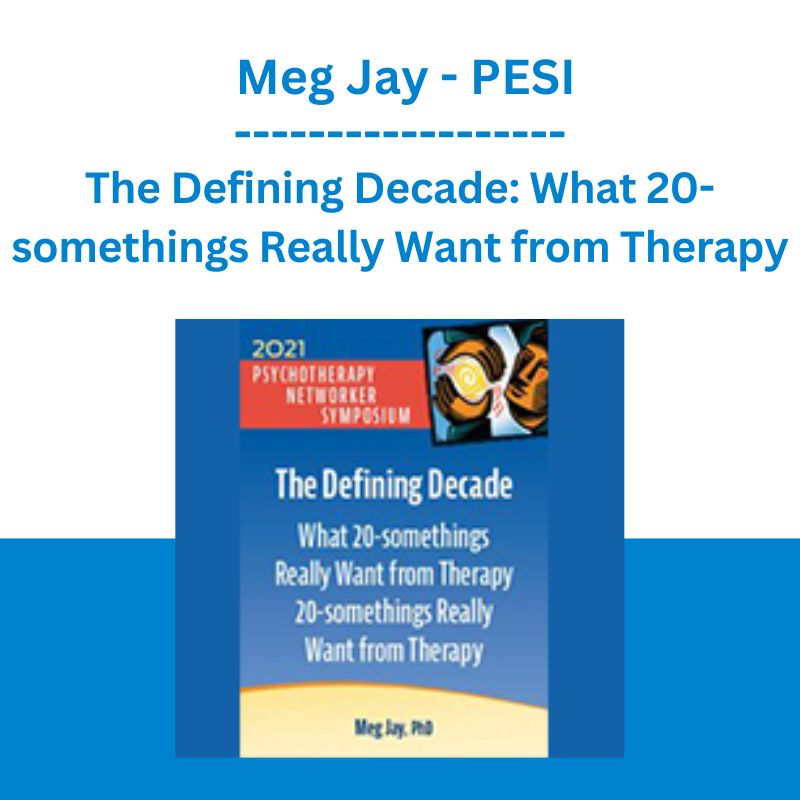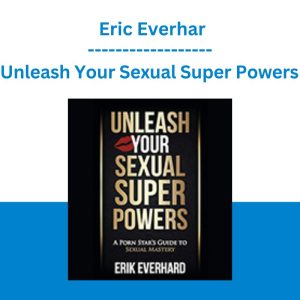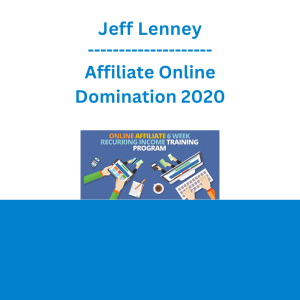*** Proof of Product ***
Exploring the Essential Features of “The Defining Decade: What 20-somethings Really Want from Therapy – Meg Jay – PESI”
There are 50 million 20-somethings in the U.S. and, more than ever, they’re looking for therapists. Yet too few clinicians specialize in this age group or are aware of its unique opportunities and challenges. Find out what’s so special about this “defining decade” and why 30 is not the new 20 in terms of starting a life. Rather than a developmental downtime, the 20s are a developmental sweet spot. In this recording, you’ll learn:
- Why “anxiety is the new depression” in this age group—and the most effective ways to address their concerns
- Why finding work and love is a mental health issue for 20-somethings—and how to make it part of your work with them
- How “the nocebo effect” informs diagnosis—and how to talk about the difference between development and disorder
- “Forward-thinking” interventions to help 20-somethings be intentional about the present and take responsibility for the future
Speaker
Meg Jay, PhD, is a clinical psychologist and associate professor of human development at University of Virginia. She’s the author of The Defining Decade: Why Your Twenties Matter and How to Make the Most of Them Now and Supernormal: The Secret World of the Family Hero.
Speaker Disclosures:
Financial: Meg Jay maintains a private practice. She receives a speaking honorarium from PESI, Inc.
Non-financial: Meg Jay has no relevant non-financial relationship to disclose.
Objectives
- Determine why medication is not always the best medicine when treating anxiety in 20-somethings.
- Apply psychoeducation with 20-somethings to address the issues research shows they most want help with.
- Apply interventions that help this age group find work and love.
- Evaluate “the nocebo effect” and how it informs diagnosis with this age group.
- Apply “forward thinking” interventions in sessions with 20-somethings to give them the urgency and inspiration they need to engage with the present and take responsibility for the future.
Outline
Explain why medication is not always the best medicine when treating anxiety in 20-somethings.
- Learn about the downsides of the use of psychotropic medications in this group
- Consider alternatives such as skill building and cognitive interventions
Apply psychoeducation with 20-somethings to address the issues research shows they most want help with.
- Help clients engage with the facts about work and love in the 21st Century
- Be prepared to educate clients about their changing brains and bodies
Apply interventions that help this age group find work and love.
- Learn the concept of “identity capital” and how to help 20-somethings know and add to their own value
- Learn the concept of “weak ties” or where new jobs and relationships come from
Explain “the nocebo effect” and how it informs diagnosis with this age group.
- Understand and explain the difference between development and disorder
- Educate clients about the course of common mental health problems and how they change in adulthood
Apply “forward thinking” interventions in sessions with 20-somethings to give them the urgency and inspiration they need to engage with the present and take responsibility for the future.
- Help 20-somethings develop “time perspective” or how to connect the present with the future
- Aid 20-somethings as they learn to plan beyond the “semester-sized chunk”
Target Audience
- Counselors
- Social Workers
- Psychologists
- Psychotherapists
- Therapists
- Marriage & Family Therapists
- Addiction Counselors
- Case Managers
- Physicians
- Nurses
- Other Mental Health Professionals
Please see the full list of alternative group-buy courses available here: https://lunacourse.com/shop/










 Greg Loehr - Advanced Option Trading With Broken Wing Butterflies
Greg Loehr - Advanced Option Trading With Broken Wing Butterflies  Profitable Brands – Top Figure
Profitable Brands – Top Figure  Michael Rogan & Marcus Caston - How to Ski Bumps
Michael Rogan & Marcus Caston - How to Ski Bumps  George Fontanills & Tom Gentile - Optionetics 6 DVD Series Home Study Course (Digital Download)
George Fontanills & Tom Gentile - Optionetics 6 DVD Series Home Study Course (Digital Download)  Michael Rogan - How to Break Through
Michael Rogan - How to Break Through  Oliver Velez - Essential Strategy Of Trade For Life
Oliver Velez - Essential Strategy Of Trade For Life  Julie Stoian & Cathy Olson - Launch Gorgeous - Funnel Gorgeous Bundle
Julie Stoian & Cathy Olson - Launch Gorgeous - Funnel Gorgeous Bundle  SMB - Options Training
SMB - Options Training  Atlas API Training - API 570 Exam Prep Training Course
Atlas API Training - API 570 Exam Prep Training Course  Unleash Your Sexual Super Powers - Eric Everhar
Unleash Your Sexual Super Powers - Eric Everhar  Trade Like Mike - The TLM Playbook 2022
Trade Like Mike - The TLM Playbook 2022  Sovereign Man Confidential - Renunciation Video
Sovereign Man Confidential - Renunciation Video  Jeff Lenney - Affiliate Online Domination 2020
Jeff Lenney - Affiliate Online Domination 2020  Forexmentor - Recurring Forex Patterns
Forexmentor - Recurring Forex Patterns